Publications
Articles, publications, books, tools and multimedia features from the U.S. Institute of Peace provide the latest news, analysis, research findings, practitioner guides and reports, all related to the conflict zones and issues that are at the center of the Institute’s work to prevent and reduce violent conflict.
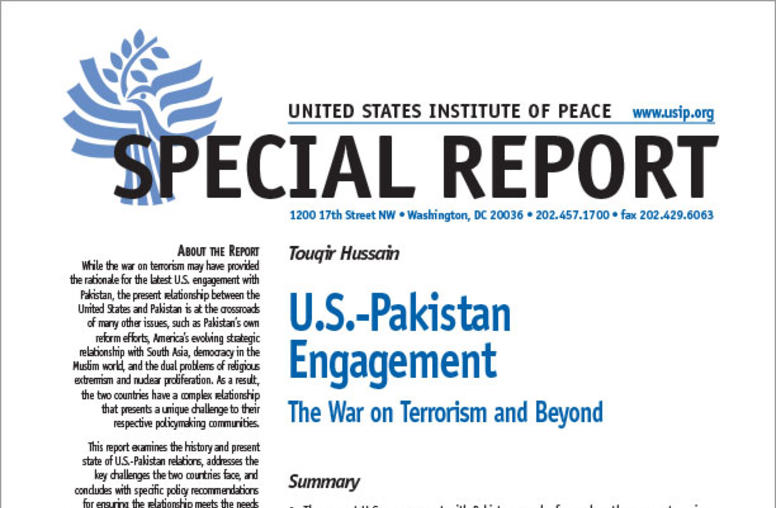
U.S.-Pakistan Engagement: The War on Terrorism and Beyond
Summary The current U.S. engagement with Pakistan may be focused on the war on terrorism, but it is not confined to it. It also addresses several other issues of concern to the United States: national and global security, terrorism, nuclear proliferation, economic and strategic opportunities in South Asia, democracy, and anti-Americanism in the Muslim world.
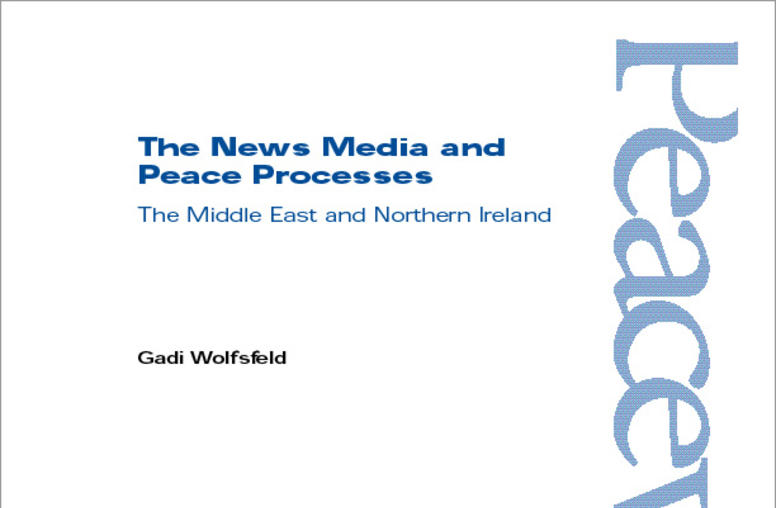
The News Media and Peace Processes: The Middle East and Northern Ireland
The news media can play a central role in the promotion of peace. They can emphasize the benefits that peace can bring, they can raise the legitimacy of groups or leaders working for peace, and they can help transform images of the enemy. But the media also can serve as destructive agents in a peace process. They can emphasize the risks and dangers associated with compromise, raise the legitimacy of those opposed to concessions, and reinforce negative stereotypes of the enemy. This report exp...
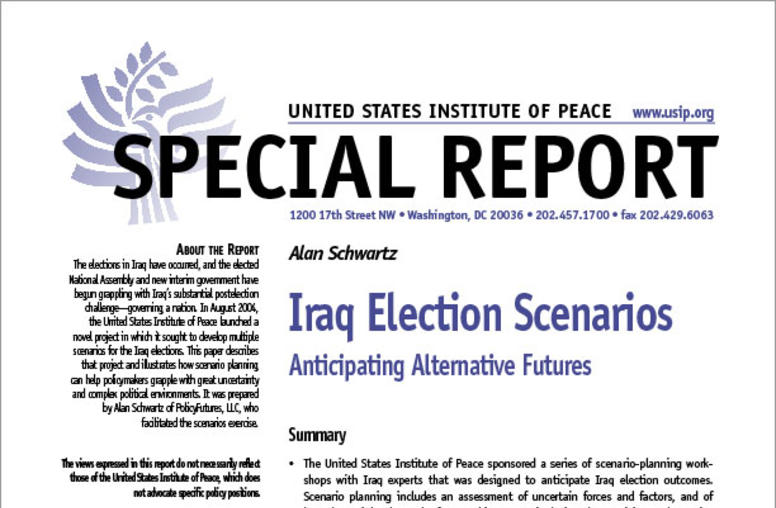
Iraq Election Scenarios: Anticipating Alternative Futures
The elections in Iraq have occurred, and the elected National Assembly and new interim government have begun grappling with Iraq's substantial postelection challenge—governing a nation. In August 2004, the United States Institute of Peace launched a novel project in which it sought to develop multiple scenarios for the Iraq elections
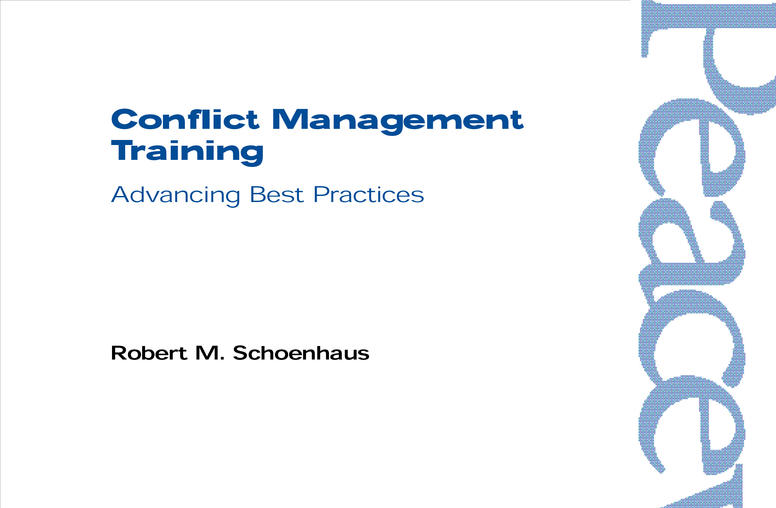
Conflict Management Training: Advancing Best Practices
It was evident throughout the course of the symposium that the group also wanted to explore potential problems and alternative solutions, as well as to recognize some things that have both current and lasting value. This report, prepared by the Institute's Training Program staff, summarizes those papers and discussions and offers some insights into the core concerns of the conflict management community and the ability of training practitioners to be successful in the complex environment in wh...
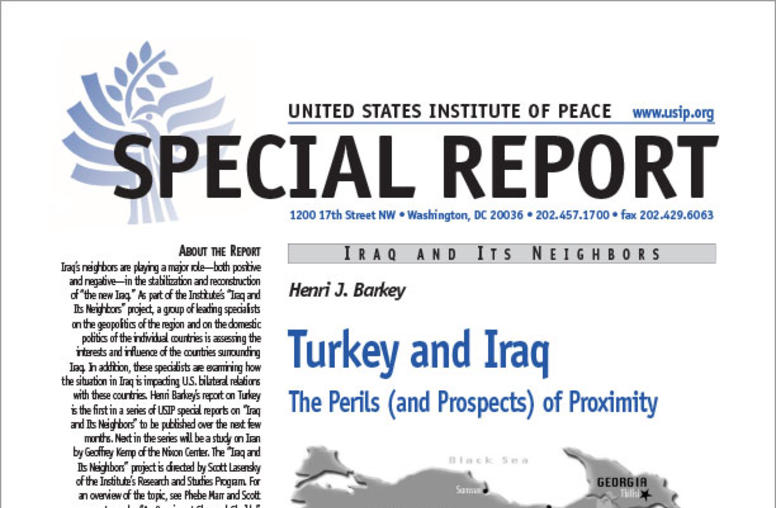
Turkey and Iraq: The Perils (and Prospects) of Proximity
Summary Throughout the 1990s, Turkey was the anchor in the containment of Saddam Hussein's Iraq by the United States. The unpredictable set of events unleashed by Operation Iraqi Freedom has unnerved both Turkish decision makers and the public alike. The U.S.-led coalition's operation in Iraq has also upended Turkey's fundamental interests in Iraq, which are fourfold:
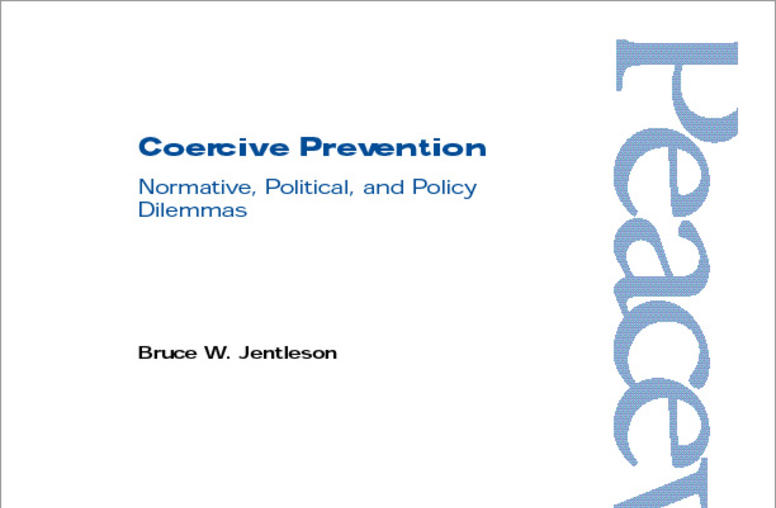
Coercive Prevention: Normative, Political, and Policy Dilemmas
For all that has been proclaimed about the importance of preventive diplomacy, the reality of international action falls far short. This report focuses on one particular aspect of this agenda, namely, the need to take a harder look at "coercive prevention," and particularly at the threat or use of military force as frequently necessary parts of overall preventive strategies. This is a very different approach from versions of preventive diplomacy that make its noncoercive nature a defining pa...
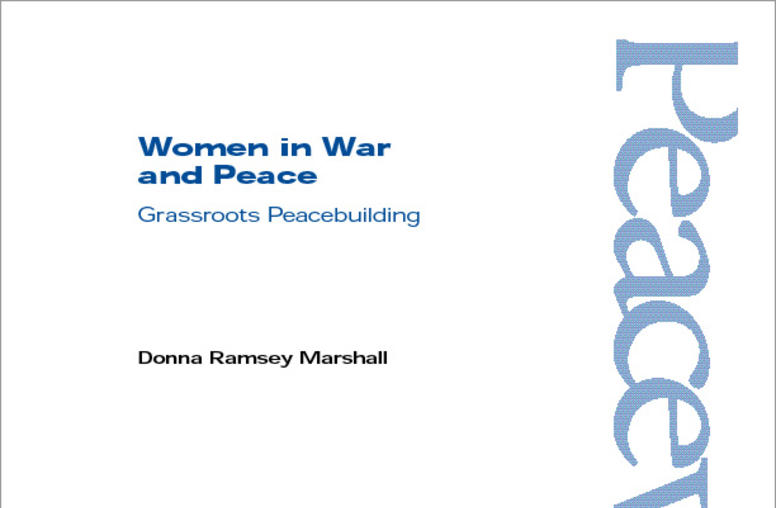
Women in War and Peace: Grassroots Peacebuilding
While much of the work of conflict resolution focuses on the government or public level, the resolution of contemporary conflict is very much a holistic process that is simultaneously conducted at the private, grassroots level. Many of the efforts under way to sustain peace in countries and regions beset by or emerging from violent conflict are undertaken by grassroots organizations formed by those whose lives are most directly and significantly affected by the conflict. A substantial proport...
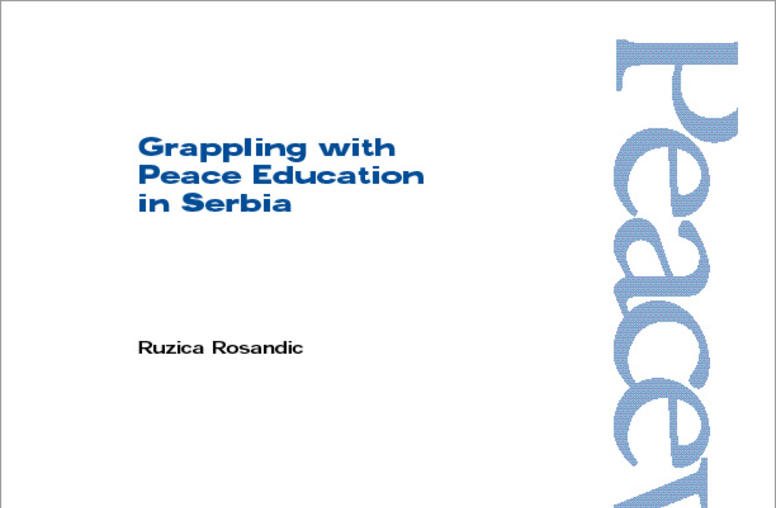
Grappling with Peace Education in Serbia
Since the violent breakup of the Federal Republic of Yugoslavia began in 1991, the children of Serbia have suffered the debilitating effects of wartime conditions. These include various forms and degrees of deprivation: social, emotional, moral, and intellectual.
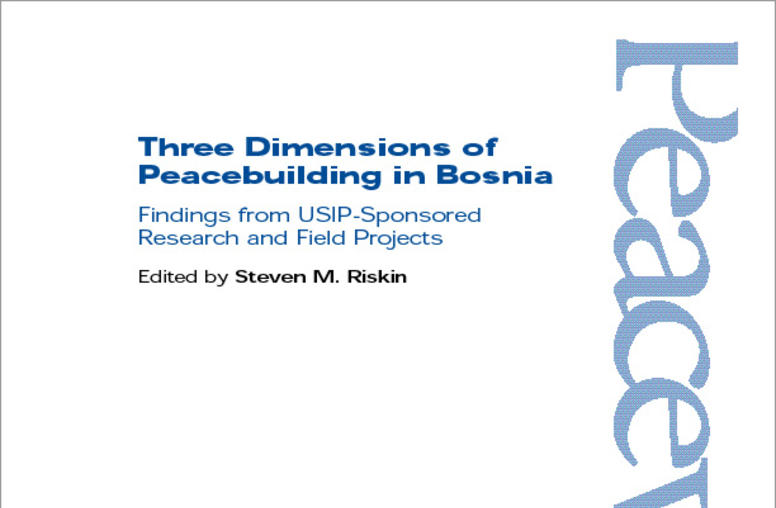
Three Dimensions of Peacebuilding in Bosnia: Findings from USIP-Sponsored Research and Field Projects
The purpose of this Peaceworks is to highlight some of the Institute-funded programs focusing on Bosnia and Herzegovina and to share some of the lessons gleaned from policy-related research covering foreign aid, human rights and rule of law, and programs devoted to reconciliation and civil society institutions in Bosnia.
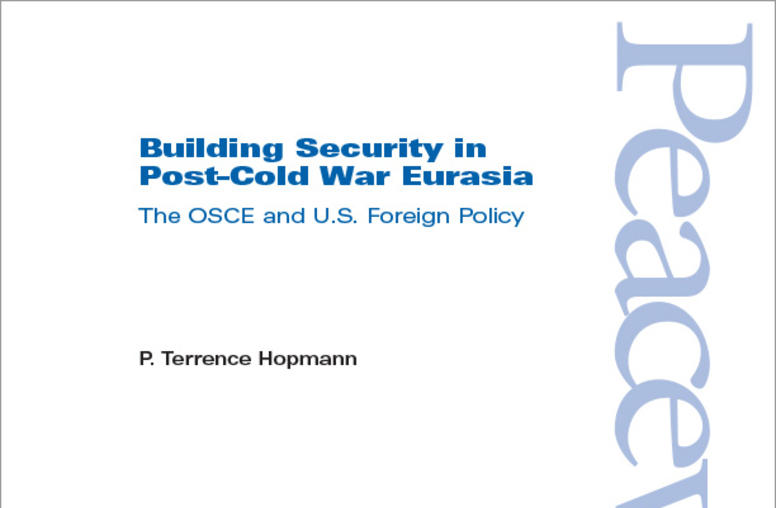
Building Security in Post–Cold War Eurasia: The OSCE and U.S. Foreign Policy
Before NATO forcefully halted Serbia's violence against ethnic Albanians in Kosovo, another European security organization was operating in the region—the Organization for Security and Cooperation in Europe (OSCE). In this report, Terry Hopmann elaborates on the conflict-management work of the organization and explores its possibilities as a complement to the United States' almost sole reliance on NATO as the principal instrument of U.S. foreign policy in trouble spots across Europe (espec...